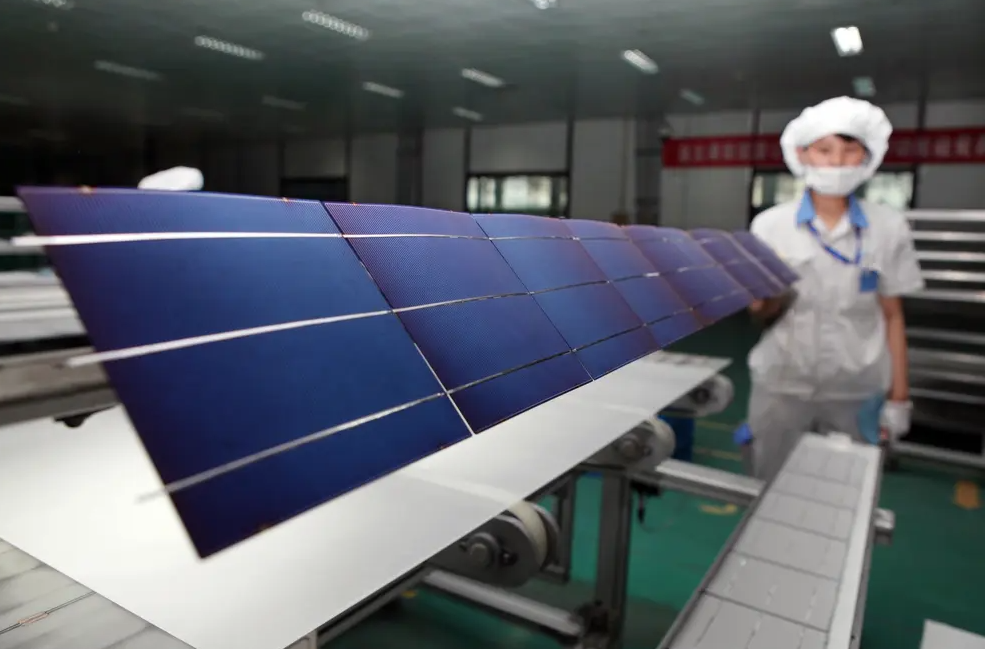The problems of European photovoltaic factories
(sustainabilityenvironment.com) – There will be no reduction or ban on solar panels imported into the European Union. This was stated this morning by the Commissioner for Energy, Kadri Simson, before the EU Council, responding to the concerns of plant developers. The issue, however, remains complex.
Today the European photovoltaic industry is experiencing a critical moment, crushed by two big competitors with which, for now, it is impossible to rival. Between Chinese production, which in the last year has invested a lot to increase capacity (lowering prices), and the incentives of the Inflation Reduction Act, the US law that supports the US green industries, Modules and cell factories in Europe have started limping. And in some cases even to fall ruinously to the ground. It happened to the Swiss company Meyer Burger, which recently announced the closure of its plant in Freiberg, Germany, after a period marked by financial losses. Today the company does not hide its desire to move its attention to the United States, where it is building two production plants from 2 GW per year each.
It was a hard blow, symptomatic of a larger and more complex situation, as explained only recently by Walburga Hemetsberger, CEO of Solarpower Europe. “European photovoltaic manufacturers are in a different landscape than in May 2022, when the EU’s solar strategy was announced. Today they are failing. More support and better access to aid are necessary”.
read also Photovoltaic panels, in European warehouses accumulated 40GW of Made in China
Import solar panels, no protectionist measure
A point dear to the association is that the EU did not use trade defense measures, such as anti-dumping duties or a cap on imports of imported solar panels. “Our models suggest that so-called fv safeguard measures could lead to a drop of more than 30% in solar installations in 2024, and halve their implementation in the coming years,” Hemetsberger stressed.
The European Commissioner has reassured people. “There are several proposals on supporting our industry, but we can’t close our borders because we need solar panels,” Simson told reporters. “We need to support our industry, but we need all products to achieve our ambitious goals“.
What are the next steps? They were suggested in a letter that Simson and EU Industry Commissioner Thierry Breton sent to EU energy ministers before today’s meeting. According to the Reuters News Agency, which was able to preview the letter, Brussels’ suggestions include the use of more national state aid to support producers of photovoltaic modules and the organization of auctions and support programs for “high environmental and work impact”.

